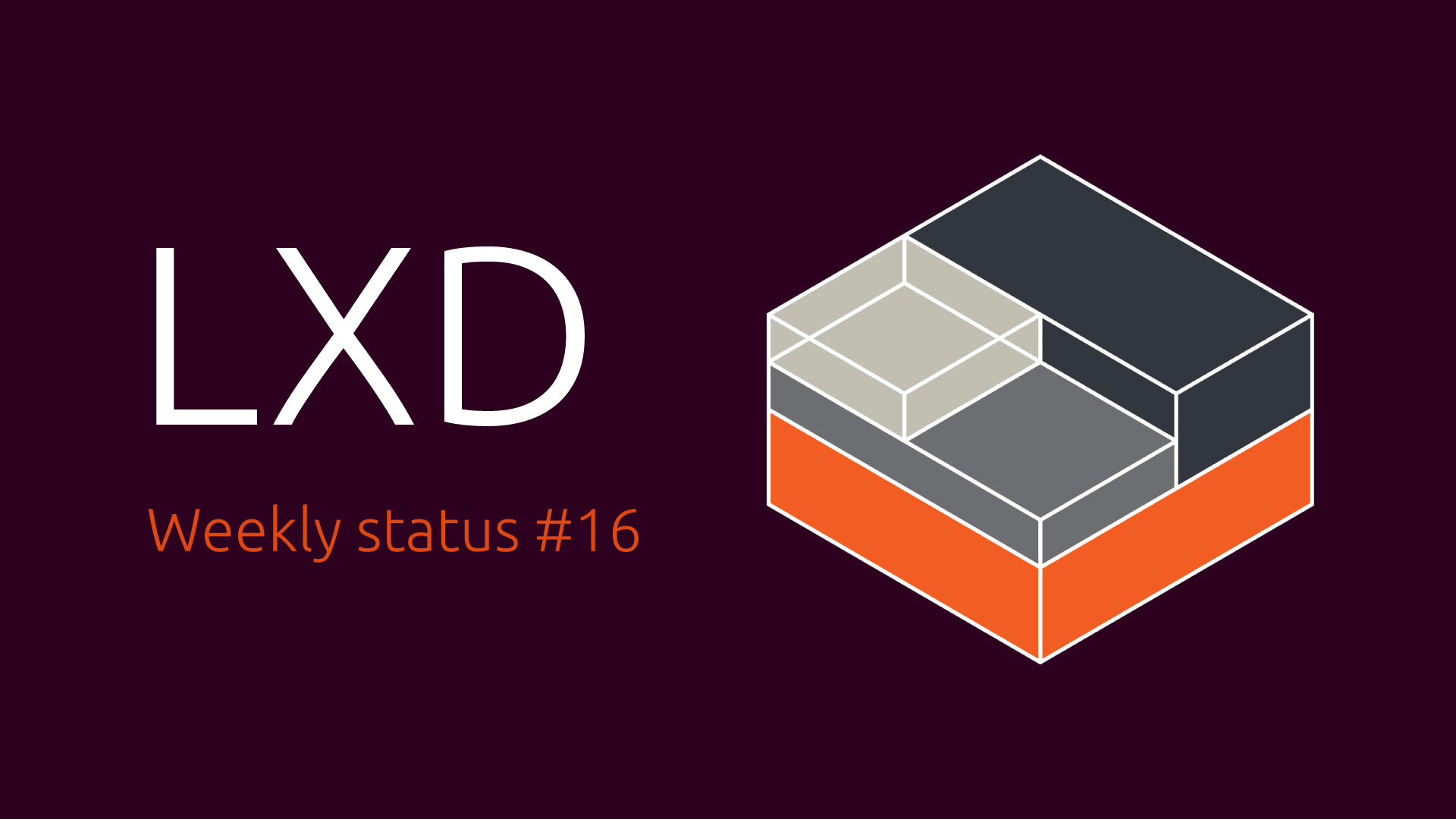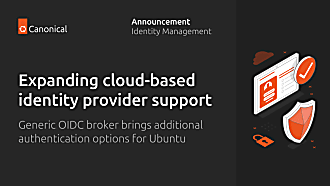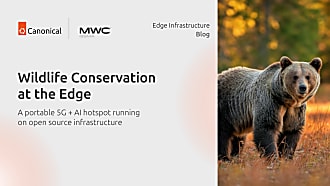Stéphane Graber
on 25 September 2017
This originally appeared at LinuxContainers

Weekly status for the week of the 18th to the 24th of September 2017.
Introduction
The main highlight of this week was the release of LXD 2.18.
We’ve otherwise been busy tracking down and fixing a number of issues, extended the user-agent string that LXD uses when talking to our image server and been working on a number of fixes for LXC 2.1.
We’re also making good progress on the stable release branches and hope to get to tag a number of stable bugfix releases next week.
Upcoming conferences and events
- Open Source Summit Europe (Prague, October 2017)
- Linux Piter 2017 (St. Petersburg – November 2017)
Ongoing projects
The list below is feature or refactoring work which will span several weeks/months and can’t be tied directly to a single Github issue or pull request.
- External authentication support for LXD servers
- LXD documentation improvement
- Distributed database for LXD clustering
- Stable release work for LXC, LXCFS and LXD.
Upstream changes
The items listed below are highlights of the work which happened upstream over the past week and which will be included in the next release.
LXD
- Prevented LXD from mapping host uid/gid that are already part of the container range.
- Fixed LXD’s dnsmasq-handling to check for particular feature support.
- Allowed for incremental stateless migration.
- Fixed a recently added goling warning.
- Added code to parse dnsmasq version strings.
- Fixed an issue with cached image expiry.
- Improved “lxd init” btrfs handling.
- Fixed an issue with btrfs subvolume creation in “lxd init”.
- Made it possible to delete non-existent (manually deleted) storage volumes and storage pools.
- Added a new InsecureSkipVerify flag to the client connection arguments.
- Added some additional TLS ciphers to our trusted list.
- Fixed dnsmasq static configuration not being updated during a container rename operation.
- Extended the User-Agent string to include OS, architecture, kernel and distribution information.
- Reworked the way we handle property changes on existing storage pools and volumes.
- Hardened the dnsmasq version check code.
- Fixed the uname handling code to work on architectures that use a uint8 array.
- Restricted the kernel field in the user-agent to only include the kernel version, not the build information.
- Changed our LVM code to use “nouuid” when mounting XFS volumes.
LXC
- Fixed a typo in a warning message.
- Wrote a manpage for the new lxc-update-config tool.
- Fixed the cgfsng driver to actually fail when a key cannot be set.
- Fixed a typo in the Japenese and Korean translations of lxc-monitor.
- Fixed error handling in the zfs backing store driver.
- Fixed LVM thinpool handling logic.
- Translated the lxc-update-config manpage into Japanese.
LXCFS
- Nothing to report
Distribution work
This section is used to track the work done in downstream Linux distributions to ship the latest LXC, LXD and LXCFS as well as work to get various software to work properly inside containers.
Ubuntu
- LXD 2.18-0ubuntu1 was uploaded to the Ubuntu 17.10 archive.
- LXD 2.18-0ubuntu2 was uploaded a bit later with a couple of cherry-picked fixes.
Snap
- Improved modprobe handling.
- Fixed a lxcfs setup issue causing lxcfs to fail for nested containers.



